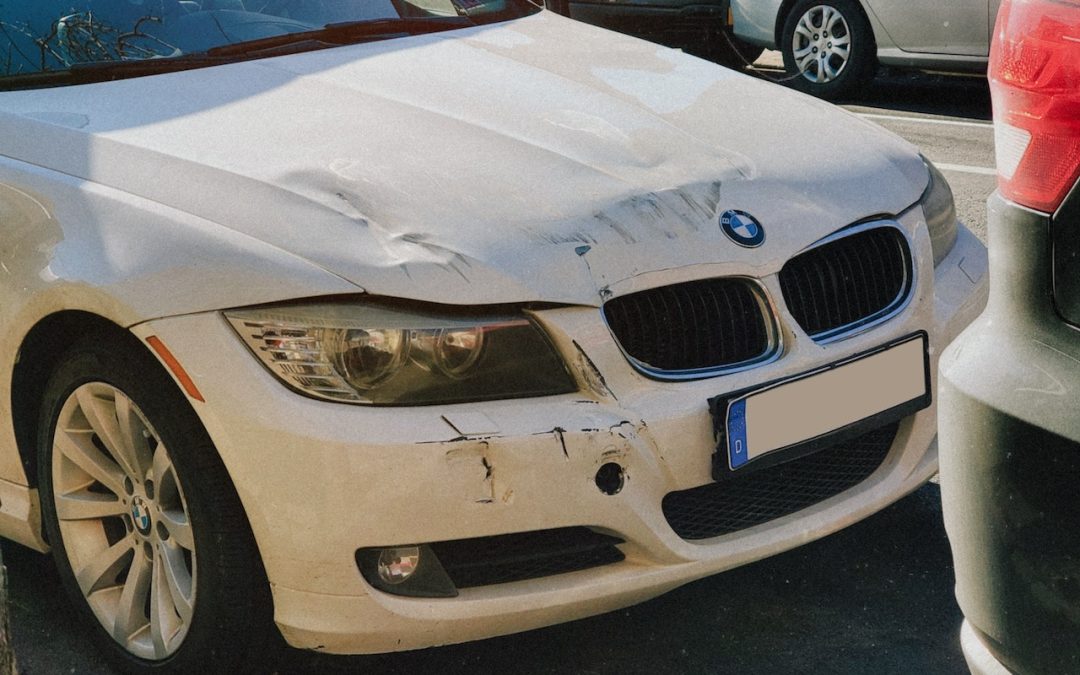Car accidents can happen in the blink of an eye, often leading to an upheaval of life as we know it. In Illinois, the aftermath of a car accident can bring a whirlwind of logistical and legal challenges. From dealing with the immediate context of a distressing event to navigating intricate insurance claims, the ordeal could be overwhelming. Understanding the Illinois car accident laws can play a pivotal role in ensuring that the saddening consequences of such events can be managed in a more informed and legally sound manner.
In this blog post, we will be embarking on a comprehensive journey through the car accident laws in Illinois, breaking down the legal intricacies involved and providing answers to some of the most frequently asked questions. We will look at the obligations that Illinois law imposes on drivers, the crucial steps to take after a car accident, the process of filing an insurance claim, and what to do if a dispute arises or if you’ve suffered injuries due to another driver’s negligence.
Minkow Domin, with our team of seasoned Workers’ Compensation and Personal Injury Lawyers, believes strongly in empowering you with the knowledge about your legal rights and responsibilities as per Illinois law. Understanding these fundamental aspects of car accident law not only helps you navigate the immediate aftermath of an accident but also provides the insight needed to handle any potential legal complications down the road.
1. Illinois Car Insurance Requirements
Illinois law mandates that all drivers carry liability insurance to cover expenses arising from property damage or bodily injury caused by an accident. The insurance policy must meet the minimum coverage requirements:
– $25,000 for bodily injury or death per person in an accident
– $50,000 for total bodily injury or death in an accident involving multiple people
– $20,000 for property damage resulting from an accident
Failure to have adequate insurance is a serious offense that can result in fines, license suspension, and other penalties.
2. What to Do After a Car Accident in Illinois
In the aftermath of a car accident in Illinois, it’s important to take several crucial steps in accordance with state law:
– Stop Your Vehicle: You are legally required to stop after any accident, regardless of the extent of damage or injury.
– Provide Assistance: Render aid to any injured individuals, and call 911 if anyone is severely injured or if there are significant damages to the vehicles involved.
– Exchange Information: Obtain the names, contact information, and insurance details of other drivers involved in the accident and share your information with them.
– Report the Accident: If the accident results in injuries, death, or property damage exceeding $1,500 ($500 if a vehicle is uninsured), you must report the incident to the authorities. File a written accident report with the Illinois Department of Transportation within 10 days of the accident. Failure to complete this step can result in the suspension of your driver’s license.
3. Filing an Insurance Claim and Understanding Comparative Negligence
After an accident, you are typically required to report the incident to your insurance company in a timely manner. Illinois operates under a “comparative negligence” rule, which means the amount of compensation you receive for damages or injuries may be reduced based on the percentage of fault you share in the accident. For example, if you are found to be 30% responsible for the collision, your compensation could be lowered by 30%. If you are more than 50% at fault, you may not be eligible for any financial recovery.
4. Pursuing a Personal Injury Claim
If you’ve been injured in a car accident due to another driver’s negligence, you may pursue a personal injury claim against the at-fault driver to recover several types of damages, including:
– Medical expenses
– Lost wages
– Pain and suffering
– Emotional distress
– Property damage
Illinois law stipulates a two-year statute of limitations for personal injury claims resulting from car accidents. This means that you must file your lawsuit within two years from the date of the accident. Failing to do so may result in losing the opportunity to seek compensation.
Conclusion
Navigating the aftermath of a car accident under Illinois law can be a complex and daunting experience. By understanding your legal rights and responsibilities, taking appropriate actions, and partnering with experienced legal counsel, you can better protect your interests and pursue any compensation to which you may be entitled.
At Minkow Domin, our dedicated team of car accident attorneys in Chicago is committed to providing the expertise and support necessary for you to navigate the complexities of Illinois car accident laws. If you or a loved one has been involved in a car accident, contact our team to schedule a consultation now to discuss the specifics of your case and explore your legal options. With our skilled and compassionate representation, you can focus on recovery while we work diligently to secure the best possible outcome for your claim.


Recent Comments